
Staff and students at the University of Sussex have begun a study of underwater habitats off the Sussex coast, as part of a project to restore some of the most biodiverse habitat in the world.
Led by Dr Mika Peck and Dr Valentina Scarponi, the team have begun conducting the first baseline survey of Sussex coastline, to explore the recovery of kelp forests following the recently implemented trawling ban.
Funded by the HEIF (Higher Education Innovation Fund) as part of the University of Sussex's Covid Recovery Programme, in partnership with the Greater Brighton city region, the team will be gathering data at 34 sites between Shoreham and Selsey using three techniques:
-
eDNA which use a water sample to determine the species that are present,
-
baited underwater videos (BRUVs) dropped to the bottom of the sea to capture an hour of continuous footage,
-
and bioacoustics using sound recordings to establish species activity and overall ecosystem health.
A Sussex team effort, the BRUV frames were built by Tim Crane, a Lecturer in Physical Geography at Sussex. The underwater cameras have already captured footage of butterfish, small spotted catsharks, conger eels, undulate rays and a shoal of Atlantic Mackerel on camera, but the team say activity is far less than it should be.

Life such as the undulate ray has already been spotted by the team
Dr Mika Peck, Senior Lecturer in Biology, said:
"The Sussex coast has an opportunity here to recover from years of damage, and welcome back high levels of biodiversity. Some of our monitoring sites are inside the byelaw area that are previously known to have dense presence of kelp beds. This is a unique opportunity to understand how marine systems might recover following removal of trawling pressure.
"We are hoping to find that, over time, kelp will recover and we’ll begin to welcome back healthy populations of priority threatened UK species such as herring, mackerel, and common sole."
Marine scientist, Dr Ray Ward from the University of Brighton is also part of the team. The surveys will be conducted annually for five years, providing scientific evidence to the Sussex Kelp Restoration Project on the impacts and benefits of the Nearshore Trawling Byelaw prohibiting trawling for over 300 square kilometres of the coast, which was approved and came into effect in March 2021.

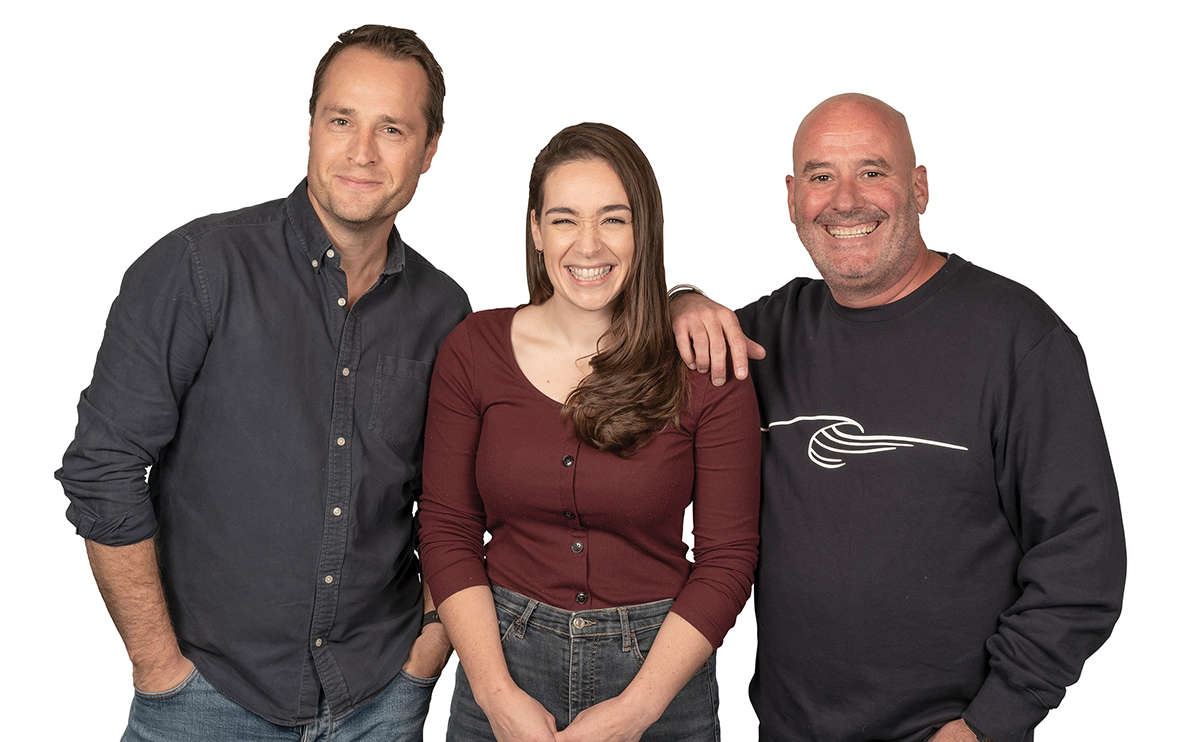
 New Bathing Water Sites Approved In Worthing
New Bathing Water Sites Approved In Worthing
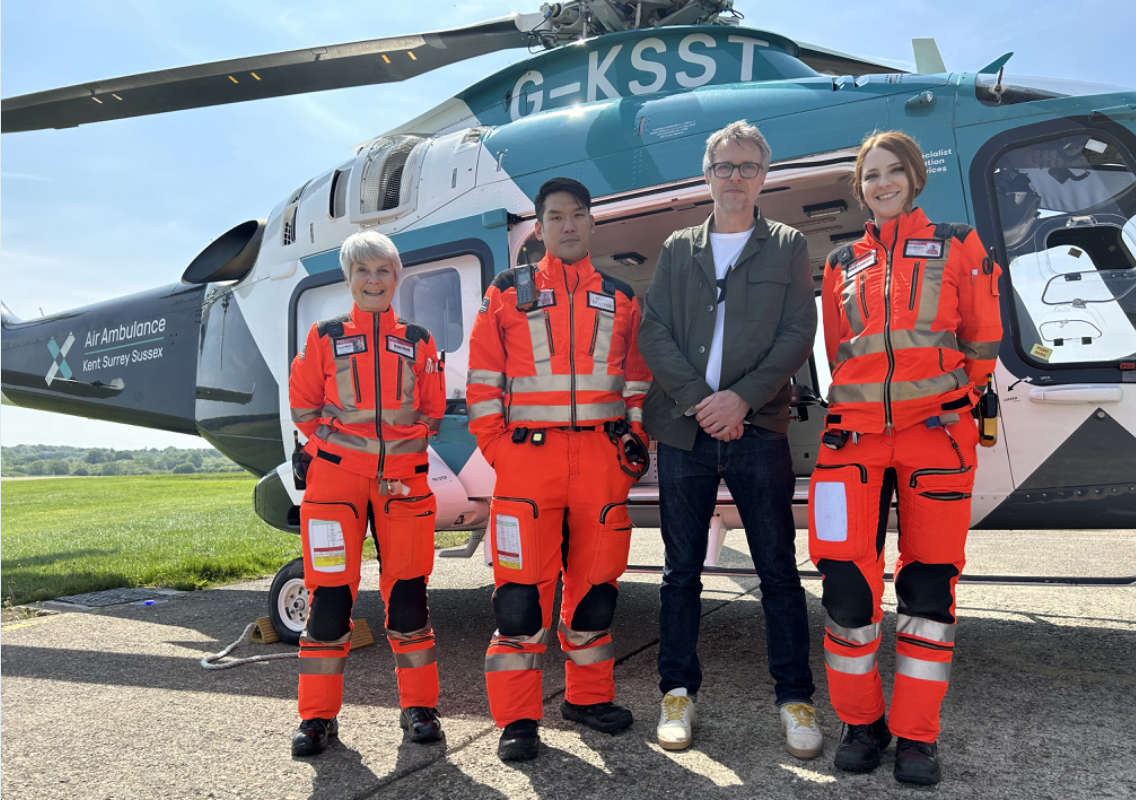 Renowned Sussex Band Donates To KSS Helicopter Appeal
Renowned Sussex Band Donates To KSS Helicopter Appeal
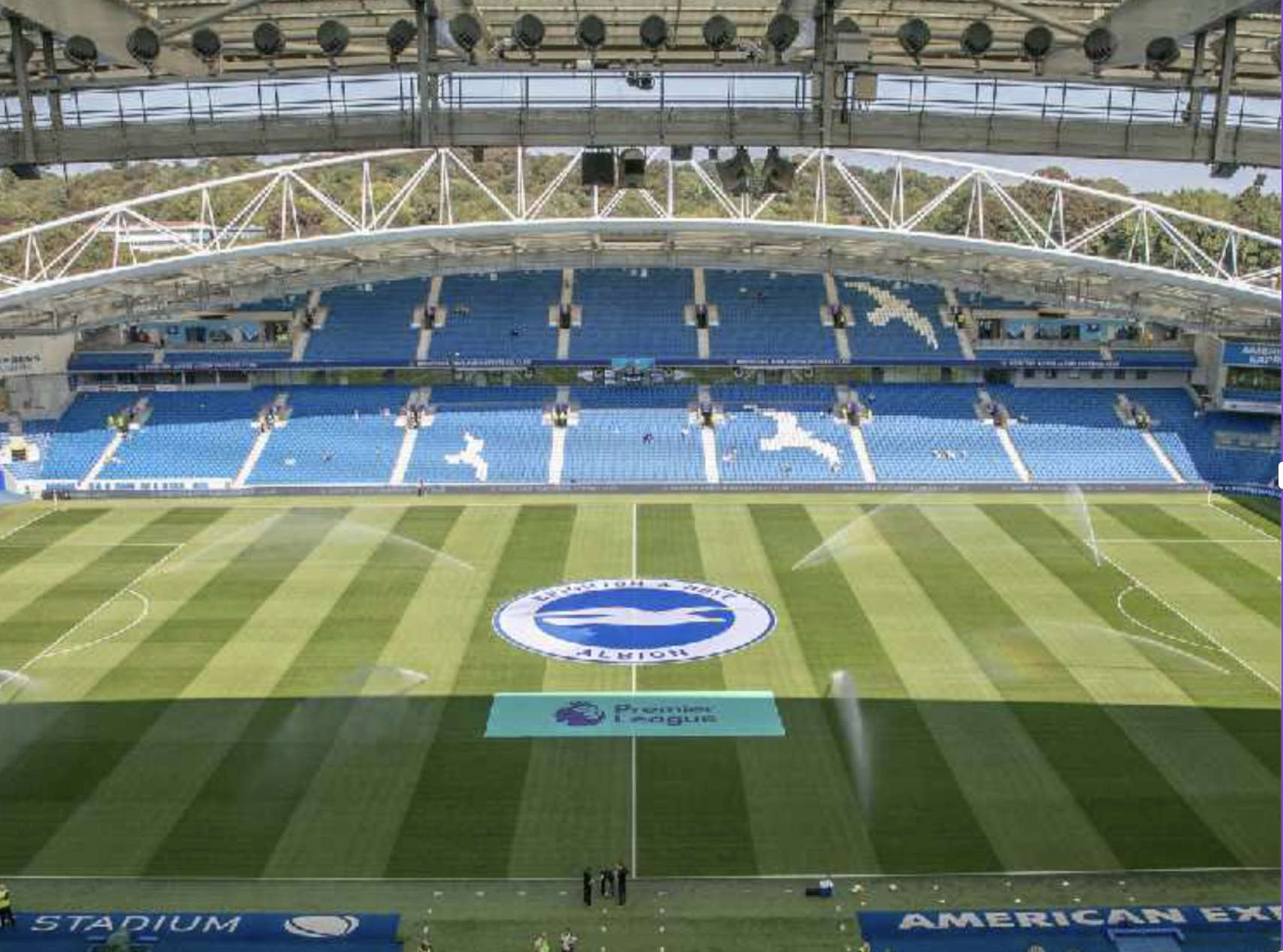 Adam Lallana To Leave Albion At End Of Season.
Adam Lallana To Leave Albion At End Of Season.
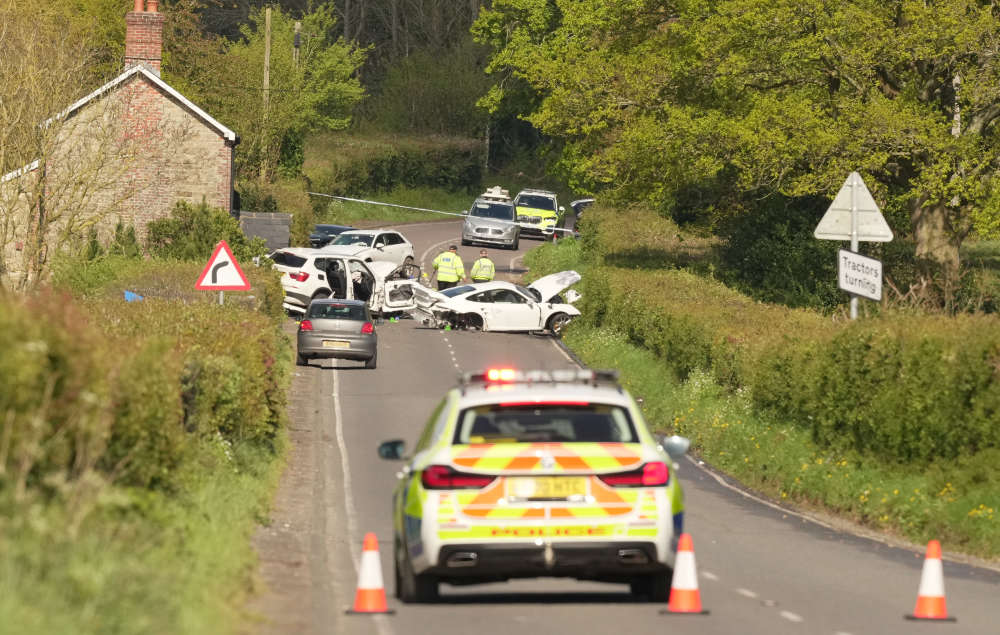 Update On Investigation Into Fatal Collision Near Petworth
Update On Investigation Into Fatal Collision Near Petworth
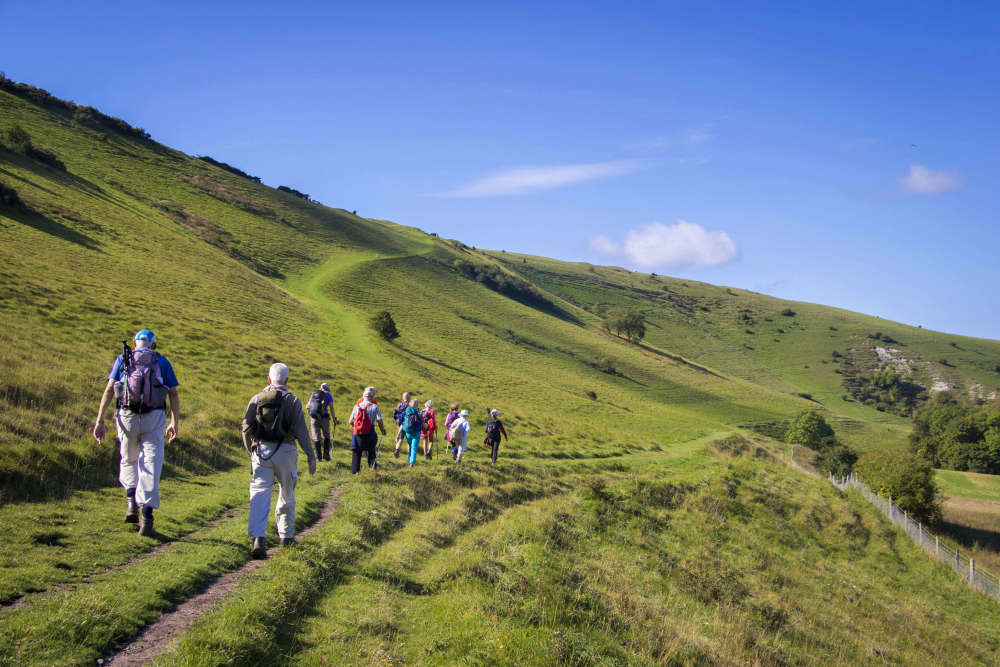 Mental Health Awareness Week: Free Health Walks In Brighton & Hove
Mental Health Awareness Week: Free Health Walks In Brighton & Hove
 Lewes Prison Under Pressure As Penal Reform Charity Responds To Latest Report
Lewes Prison Under Pressure As Penal Reform Charity Responds To Latest Report
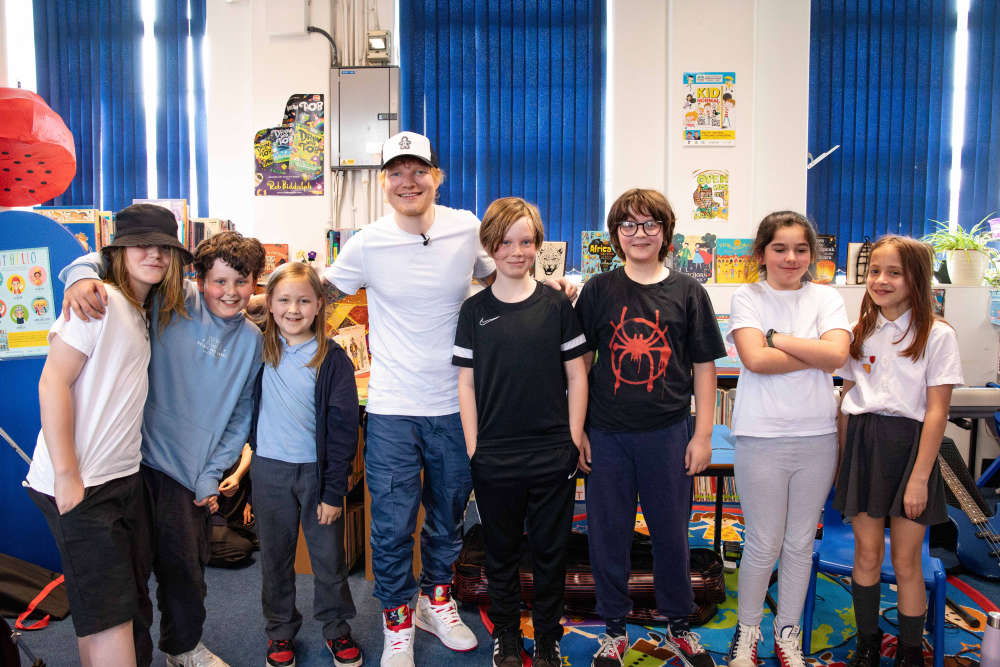 PHOTOS: Ed Sheeran Makes Surprise Visit To Brighton School
PHOTOS: Ed Sheeran Makes Surprise Visit To Brighton School
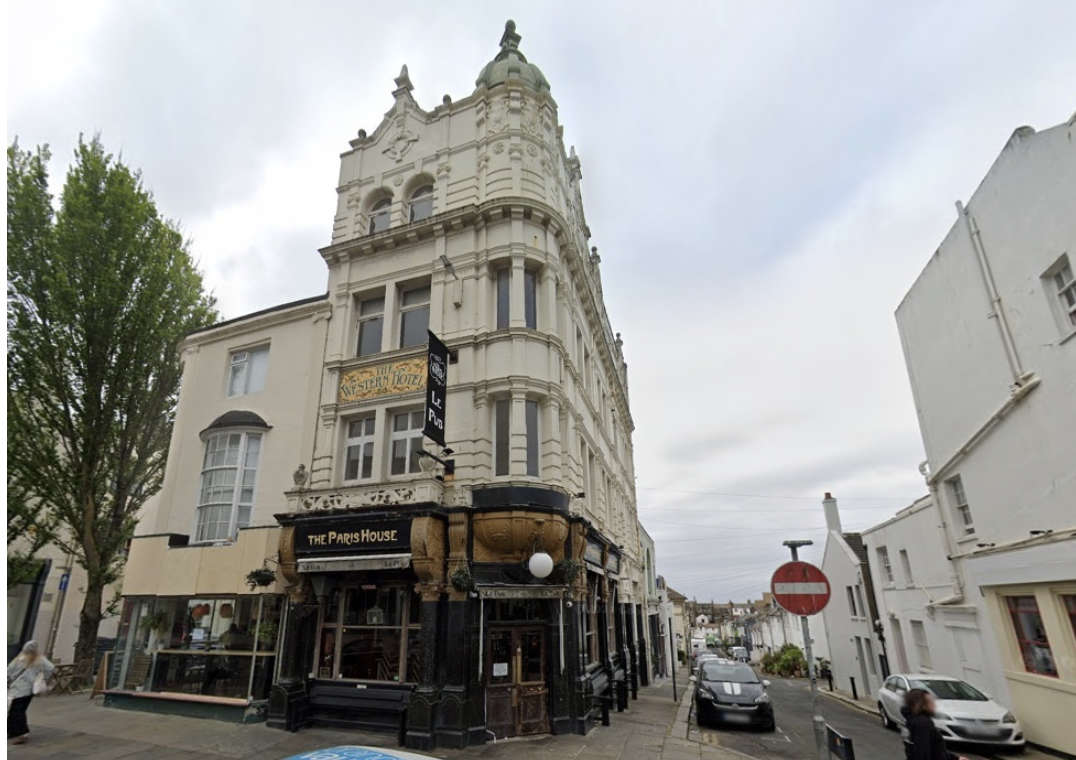 Hove Bar Licence Reviewed After Years Of Complaints
Hove Bar Licence Reviewed After Years Of Complaints
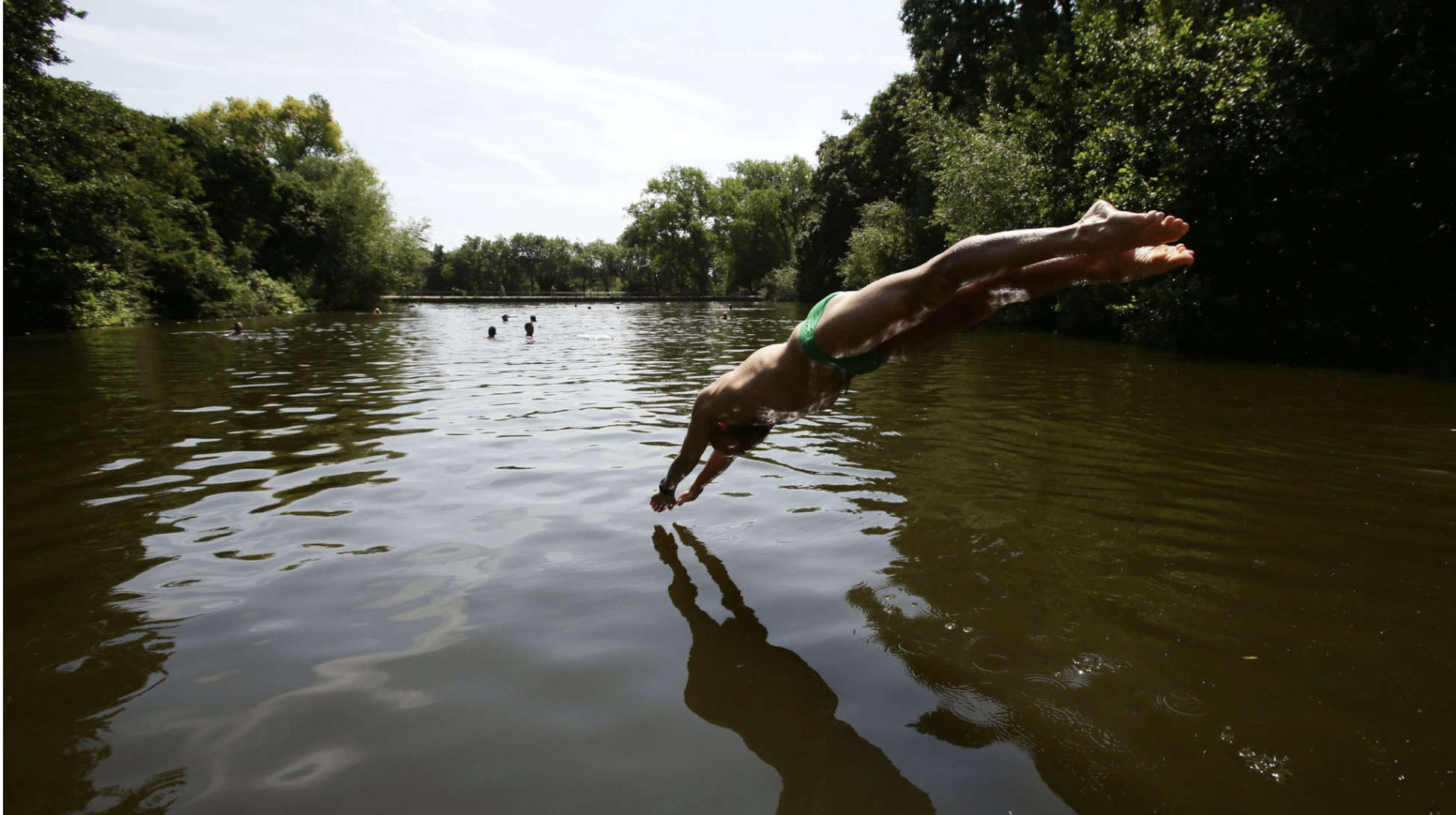 Record Number Of Wild Swimming Spots Designated As Bathing Sites - With Three More In Sussex
Record Number Of Wild Swimming Spots Designated As Bathing Sites - With Three More In Sussex
 Council Calls On West Sussex Residents To Consider Fostering
Council Calls On West Sussex Residents To Consider Fostering
Comments
Add a comment